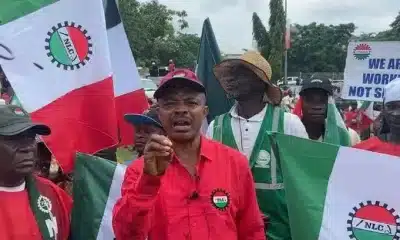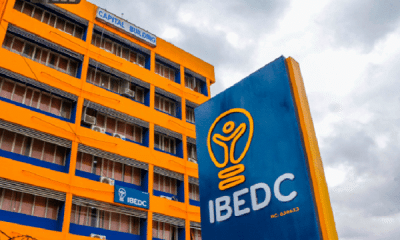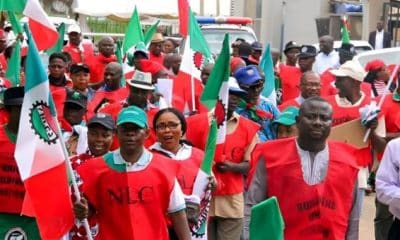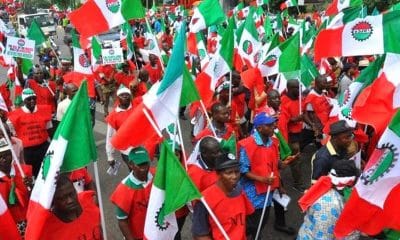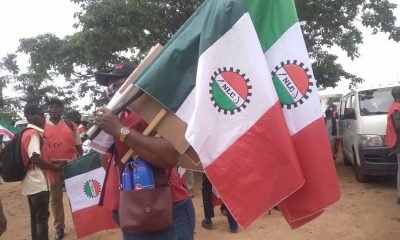Nigeria News
Okechukwu Sends Warning To Labour Unions Over Planned Strike
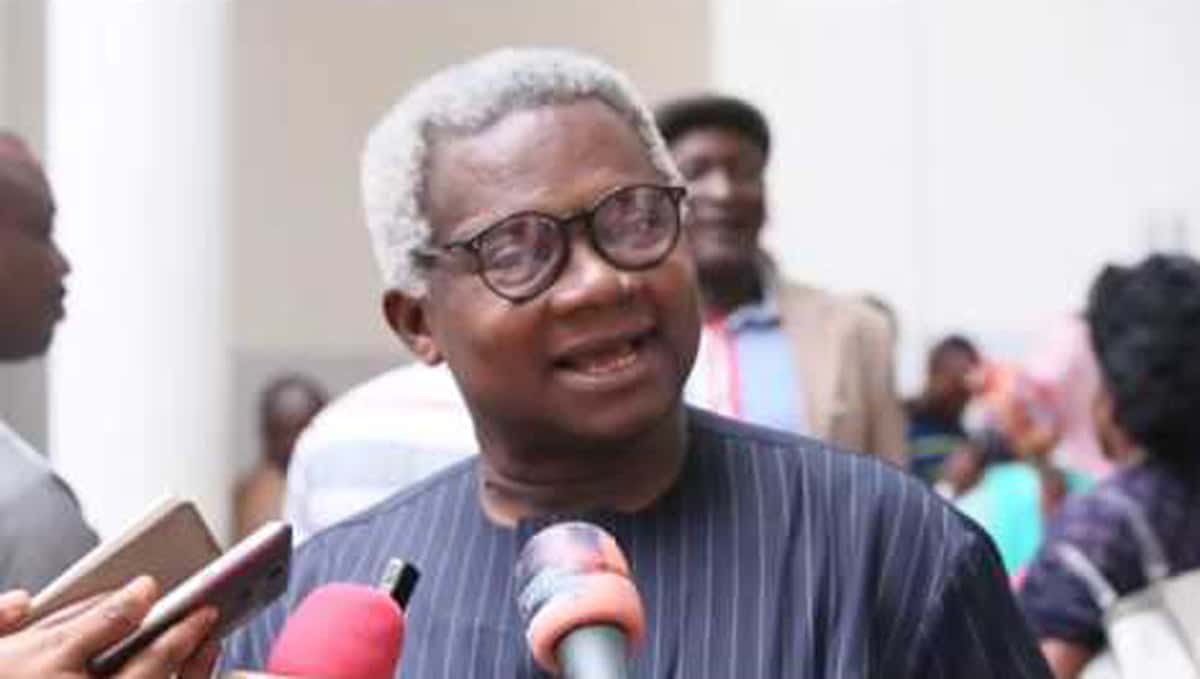
A founding member of the All Progressives Congress (APC), Osita Okechukwu, has warned Organised Labour against the potential dangers of their planned indefinite strike, which will commence on Monday, June 3.
He emphasized that the action could destabilize Nigeria’s economy and inadvertently harm its democracy.
The Nigeria Labour Congress (NLC) and the Trade Union Congress (TUC) called for a strike because they disagreed over the proposed ₦60,000 minimum wage, which they deemed insufficient given the current economic conditions.
In a statement issued in Abuja on Sunday, Okechukwu, the former Director-General of the Voice of Nigeria (VON), acknowledged the hardships faced by workers due to stagflation and deteriorating living conditions.
However, he suggested an alternative approach to the wage increase: the implementation of a housing ownership scheme for workers.
According to Okechukwu, addressing workers’ housing needs could be a viable compromise to augment the government’s wage offer.
He pointed out that rent consumes a significant portion of workers’ disposable income, and home ownership could provide them with stability and peace of mind, thereby boosting productivity.
The APC stalwart urged President Bola Tinubu to prioritize his Renewed Hope housing program, proposing a nationwide initiative for house ownership for all workers.
This initiative would leverage workers’ existing contributions to the National Housing Fund, supplemented by federal, state, and private sector support.
“House ownership for all workers is a practical solution in this impasse, as workers have been contributing 2.5% of their salary to the National Housing Fund,” Okechukwu stated.
He noted that such a strategy could prevent the economic upheaval associated with a significant wage increase, which could lead to hyperinflation and job cuts.
Okechukwu further highlighted that more than ten states are either unable or outright refusing to pay the current minimum wage of ₦30,000, making a higher wage unfeasible.
He argued that a focus on improving living conditions through housing might be more sustainable and beneficial than a simple cash increase.
Concluding his appeal, Okechukwu reminded labour leaders of the sacrifices made by many to achieve democracy in Nigeria.
He cautioned against actions that might undermine these democratic gains, urging a reconsideration of the strike in favour of dialogue and compromise on housing solutions.

